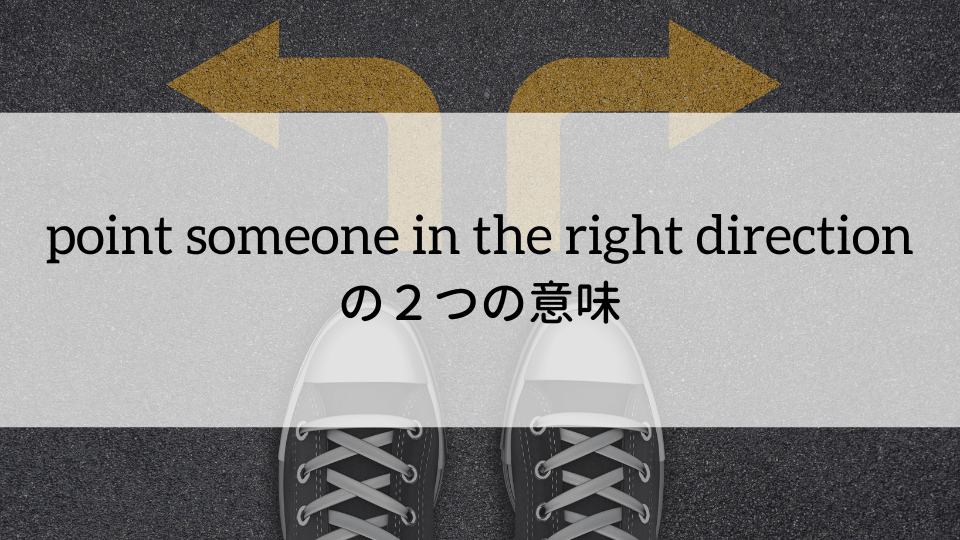「I’ll be a monkey’s uncle」というイディオムを初めて読んだり聞いたりすると、「猿の叔父さんになる」とは一体どういう意味なのかと思うでしょう。
実はこれは英語における数々の奇妙に聞こえるイディオムの一つなのです。
「I’ll be a monkey’s uncle」の意味
「I’ll be a monkey’s uncle」は、ある状況や発言に対して大きな驚きや信じられなさを表現するために使われる表現です。
「Oh My God!」という意味合いです。
これは、人が実際には猿の親戚であると言うことが非常に予想外であり、ありそうにないことを表現するのと同じように、何かが非常に予想外であり、ありそうもないことをジョークやユーモラスに示すためによく使われます。
「I’ll be a monkey’s uncle」の例文
You won the “Summer Jumbo” lottery? Well, I’ll be a monkey’s uncle! I never thought that would happen!
(サマージャンボ宝くじを当てたの?まさか、信じられない!そんなことが起こるとは思わなかった!)
Yumi is going to run a marathon next week, but she hasn’t trained at all. If she finishes it, I’ll be the monkey’s uncle. It’s highly unlikely!
(ユミは来週マラソンに出る予定なのですが、まったくトレーニングをしていません。もし彼女が完走したら、それは本当に驚きです。それはありそうもないですね!)
「I’ll be a monkey’s uncle」を使った会話
ユミ (課長):
Guess what, everyone? We have a surprise company trip next week!
(みなさん、何だと思います?来週、会社からのサプライズ旅行があるんですよ!)
スタッフ1:
Really? Where are we going?
(本当ですか?どこに行くんですか?)
ユミ:
Hawaii!
(ハワイです!)
スタッフ2:
I’ll be a monkey’s uncle! The company has just had the worst sales quarter in its history. Why are we celebrating?
(まさか、驚きですね!会社はちょうど史上最悪の売上四半期を過ごしたばかりなのに、なぜ祝っているんですか?)
まとめ
「I’ll be a monkey’s uncle」とは、驚き、信じられなさ、あるいは懐疑的な気持ちを表現するための軽快な方法です。
しかし、私がこのイディオムを誰かが使っているのを聞いたのは、ティーンエイジャーだったとき以来です。
現在ではそれほど一般的ではないかもしれません。
実践的な英語ならケンジントン英会話
ケンジントン英会話では、教科書には載っていない、生きた表現を身に付けられます。
福岡市内の教室やオンラインで、経験豊富でフレンドリーな講師と一緒に英語を学びませんか?
実践的な英語を学びたい方はケンジントン英会話の公式サイトをチェック!
[英語原文]
If you’re reading/hearing this idiom for the first time, you must be wondering what in the world does being a monkey’s uncle mean? Well, it’s another one of the many strange sounding idioms in the English language.
Meaning
“I’ll be a monkey’s uncle” is an expression used to express great surprise or disbelief at a situation or statement. A bit similar to saying Oh My God! It is often used jokingly or humorously to show that something is very unexpected or unlikely just like saying that someone is actually a monkey’s relative.
Usage
Examples
“You won the “Summer Jumbo” lottery? Well, I’ll be a monkey’s uncle! I never thought that would happen!”
Yumi is going to run a marathon next week, but she hasn’t trained at all. If she finishes it, I’ll be the monkey’s uncle. It’s highly unlikely!
In a dialogue
Yumi(Section manager): Guess what, everyone? We have a surprise company trip next week!
Staff 1: Really? Where are we going?
Yumi: Hawaii!
Staff 2: I’ll be a monkey’s uncle! The company has just had the worst sales quarter in its history. Why are we celebrating?
Overall, I’ll be a monkey’s uncle is a light-hearted way to express surprise, disbelief or skepticism.
It’s important to note that I haven’t heard someone using that idiom since I was a teenager. It’s probably uncommon these days.
~*~*~*~ \ Follow me / ~*~*~*~
Instagram : @kensington_eikaiwa
Twitter : @Kensington_Eng
Facebook : @kensingtoneikaiwa
YouTube : KENSINGTON英会話
~*~*~*~*~*~*~*~*~*~*~*~*~*
◆お問い合わせはこちら
ケンジントン英会話:お問い合わせフォーム










































